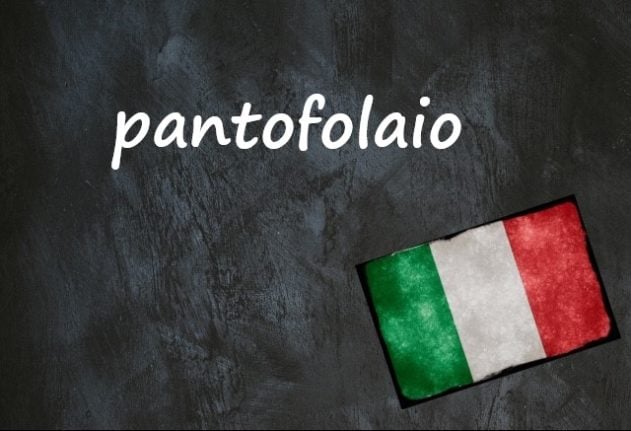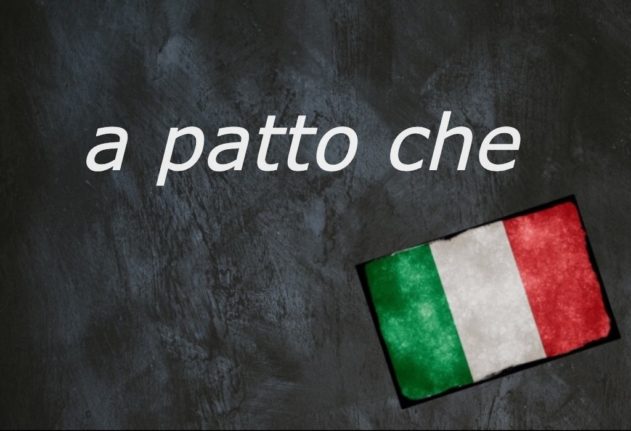A pantofolaio – click here to hear it pronounced – is defined in he dictionary as a “person who spends life in their slippers”.
In English, you might lovingly refer to this person a ‘homebody’, or less kindly as a ‘couch potato’.
The Italian word pantofolaio is derived from the word for slippers (pantofole), and, as you can probably guess, it describes a person who prefers a quiet life – in the comfort of their own home.
The word has been around for decades, and some say it comes from the French pantouflard, which means exactly the same thing.
It’s a way of living that some of us adopt as the weather gets colder, and one that we might be all too familiar with from 2020.
I lockdown sono stati difficili, anche per i pantofolai a cui non piace uscire
The lockdowns were hard, even for the homebodies who don’t like going out
It also suggests that a person might be particular about their habits, and somewhat set in their ways.
While some might use it as a mild insult, we probably all know one person who’s happiest at home with a good book – and there’s nothing wrong with that.
Non so se andranno d’accordo. Lei è una pantofolaia e non le piace andare alle feste, mentre lui è sempre in giro.
I don’t know if they will get along. She is a homebody and doesn’t like going to parties, whereas he is always out and about.
Do you have an Italian word you’d like us to feature? If so, please email us with your suggestion.



 Please whitelist us to continue reading.
Please whitelist us to continue reading.
Member comments